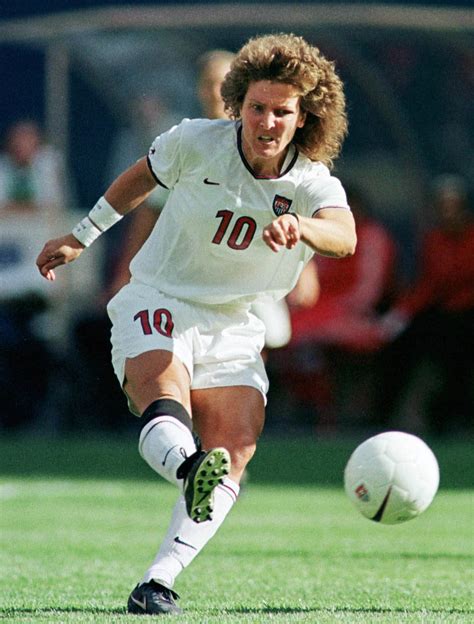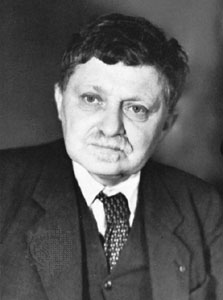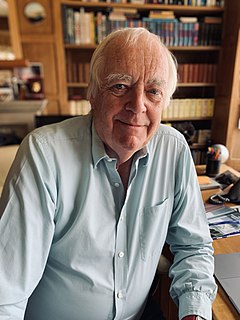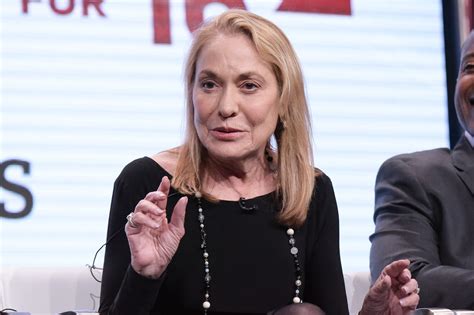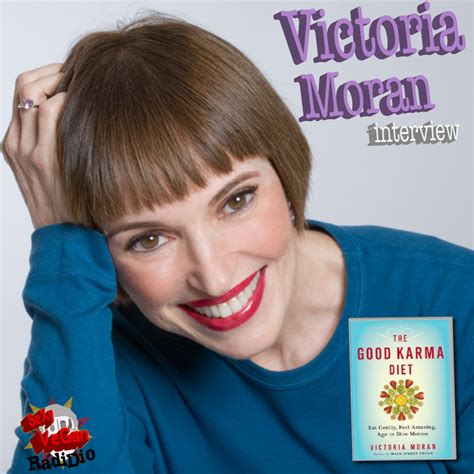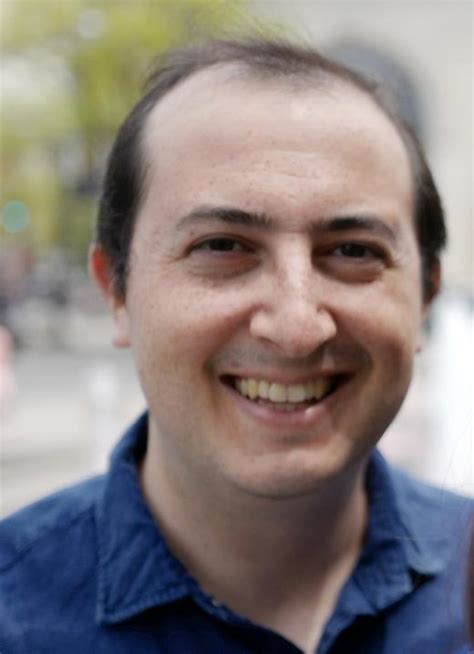A Quote by Anoushka Shankar
In the last few years in particular, I've found that it's okay to let go of culture rather than hold on to it. And by letting go, you kind of realise that it's there anyway.
Related Quotes
The happiness we seek cannot be found through grasping, trying to hold on to things. It cannot be found through getting serious and uptight about wanting things to go in the direction we think will bring happiness. We are always taking hold of the wrong end of the stick. The point is that the happiness we seek is already here and it will be found through relaxation and letting go rather than through struggle.
We find by losing. We hold fast by letting go. We become something new by ceasing to be something old. This seems to be close to the heart of that mystery. I know no more now than I ever did about the far side of death as the last letting-go of all, but now I know that I do not need to know, and that I do not need to be afraid of not knowing. God knows. That is all that matters.
The "female culture" has shifted more rapidly than the "male culture"; the image of the go-get 'em woman has yet to be fully matched by the image of the let's take-care-of-the-kids- together man. More important, over the last thirty years, men's underlying feelings about taking responsibility at home have changed much less than women's feelings have changed about forging some kind of identity at work.
Letting go is not the same as aversion, struggling to get rid of something. We cannot genuinely let go of what we resist. What we resist and fear secretly follows us even as we push it away. To let go of fear or trauma, we need to acknowledge just how it is. We need to feel it fully and accept that it is so. It is as it is. Letting go begins with letting be.
I usually start with a guitar riff or some little pattern of chords, and then I kind of go from there. Usually my lyrics are the last thing to go onto a song. For years and years I only ever did instrumental, so I'm still trying to get confidant with my lyrics and find the right balance. I'll generally get inspired from the music. I'll have a guitar line, and then I'll have a melody line, and I hook the lyrics up to fit that rhythm. So, my lyrics to tend be very rhythmic as well. They work with the music rather than the music works around them.







